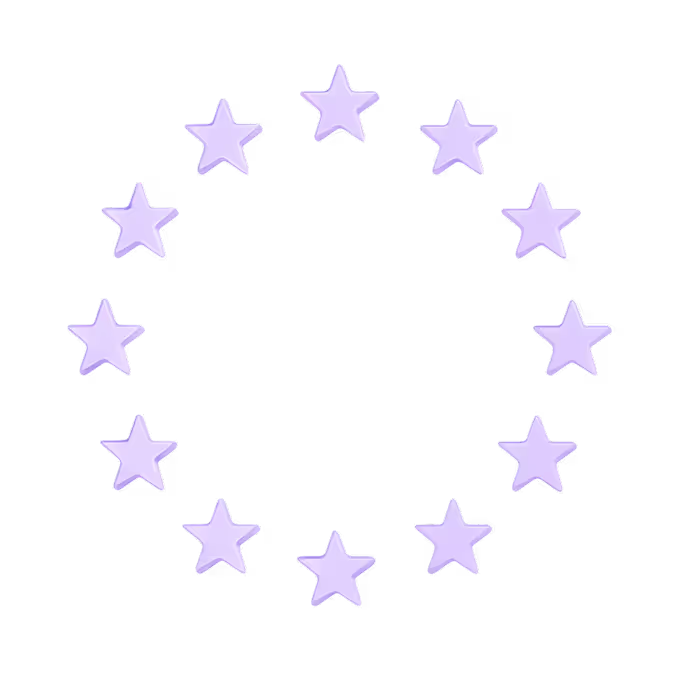GDPR
The General Data Protection Regulation is a landmark privacy set of rules in force in the European Union since 2018. We’re here to help you comply with the GDPR through our robust privacy and security failsafes.
Please note: this page explains the impact of GDPR on the use of Overloop only and isn’t applicable for any other aspects of your business. It should not be considered as legal advice.



GDPR
The General Data Protection Regulation is a landmark privacy set of rules in force in the European Union since 2018. We’re here to help you comply with the GDPR through our robust privacy and security failsafes.
The General Data Protection Regulation (GDPR) is a regulation by which the European Parliament, the Council of the European Union, and the European Commission intend to improve data protection for all individuals within the European Union (EU).
The GDPR replaces the 1995 Data Protection Directive. It is the new Europe-wide set of rules governing the use and handling of individuals’ personal data. You can read the full regulation here.
It has 3 goals:
- Standardizing European data protection regulations;
- Giving citizens control over how their personal data is used;
- Making sure that companies are aware of their responsibilities regarding personal data.
Overloop is aware of GDPR requirements and restrictions, and is fully compliant with them.
If you collect or process the personal data of any European citizen, regardless of the country in which your company is based, the GDPR will affect your business.
The GDPR has also eliminated the distinctions between various types of businesses — including B2B, B2C, for-profit, and nonprofit — meaning the law applies equally to all organizations that process the personal data of European citizens.
One of the main goals of the GDPR is to extend the rights of European residents in regards to the handling of their personal data. This can be summarized as follows:
- More access and control over the storage and processing of personal data for consumers;
- A tighter definition of consent and personal data;
- More transparency regarding the use of their personal data once it has been collected.
The GDPR has also created new rights of access and data protection for “data subjects”:
- Right to rectification: The data subject may request that their personal data be updated or corrected;
- Right to be forgotten: The data subject may request that their personal data be permanently deleted;
- Right to portability: The data subject may request that their personal data be sent to another organization or competitor;
- Right to object: The data subject may object to specific types of processing or uses of their personal data;
- Right of access: The data subject has the right to be informed of any and all of their personal data that has been collected, as well as its intended use.
Everything you might want to know about GDPR is available on the EU GDPR Information Portal.
We have added a Data Processing Agreement (DPA) to our Terms of Use. You can download the last version of our DPA here.
Please review, countersign, and return it to us.
Does GDPR affect cold emailing?
The GDPR does not outlaw the use of cold emailing, as long as the emails you are sending are directed to people who will find their content useful. Certain requirements also need to be fulfilled nonetheless:
How did we get ready for the GDPR?
At Overloop, trust is our #1 value and nothing is more important than the success of our customers and the protection of their data.
How can you comply with the GDPR?
As an Overloop customer, there are a few things you should do. Consider these tips:
Have further questions about GDPR?

